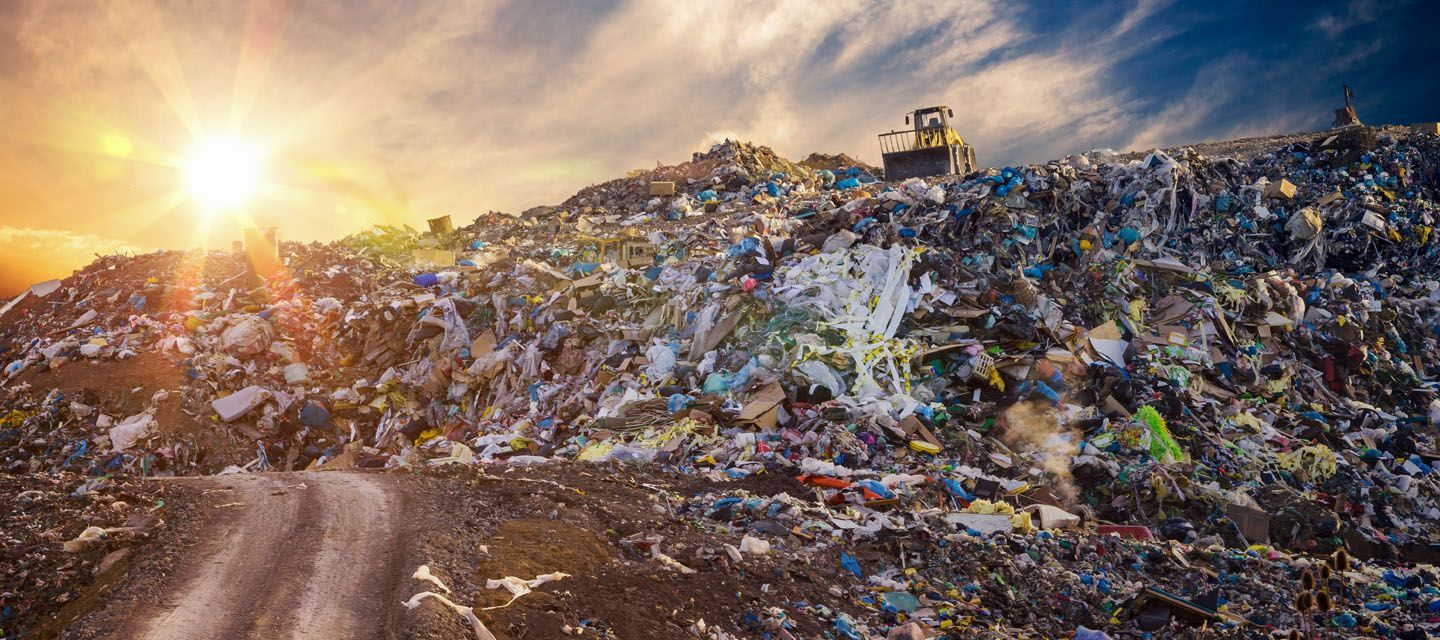Shedding Light on the Dark Side: The UK Asbestos Industry's Independence Dilemma
Achieving true independence in the asbestos industry is a complex and challenging task

Introduction to the UK asbestos industry
Asbestos, a mineral known for its heat resistance and durability, was once widely used in the construction industry in the United Kingdom. However, as its harmful health effects became apparent, the use of asbestos was banned in the UK in 1999. Despite this ban, the legacy of asbestos still lingers, posing significant health risks to those exposed to its fibres. In order to fully understand the current state of the UK asbestos industry, it is important to delve into the concept of independence within the industry.
The concept of independence in the industry
Independence, as it relates to the UK asbestos industry, refers to the ability of individuals and organisations within the industry to make impartial decisions, free from any external influence or conflict of interest. However, the reality is that achieving true independence in the asbestos industry is a complex and challenging task.
The conflict-of-interest dilemma
The conflict-of-interest dilemma arises when the interests of different stakeholders within the asbestos industry clash. For example, a company involved in asbestos removal may also have a financial interest in downplaying the health risks associated with asbestos exposure. This conflict of interest creates a significant obstacle to achieving independence within the industry.
Some asbestos surveying companies openly offer removal as well. This transparent approach can be advantageous for the client. However, it may also lead to survey rigging, suggesting a higher presence of asbestos on site than what is factual. This could also influence the advice provided by the company regarding the risk posed by the identified materials.
Deeper conflicts exist. Certain 'Accredited independent consultancies' covertly own asbestos removal companies. They might present a facade of impartiality by offering their removal management service to the client, putting the work out to tender to ensure a fair process. The client might see a higher cost, not knowing that the work eventually goes to the consultancy's own removal company under a different name. This hidden affiliation can lead to the client incurring substantially higher costs than necessary, not to mention the increased likelihood of sub-standard asbestos removal work being passed off as satisfactory in order to maintain their profit margins. This is all done right under the noses of accrediting bodies, the very bodies that are supposed to be driving the standards in the industry up and pushing the corruption out, yet they still fail to identify these hidden links between companies.
Price fixing and its impact on the industry
Price fixing, the illegal practice of colluding with competitors to set prices, has also played a significant role in compromising the independence of the UK asbestos industry. By artificially inflating prices, companies involved in price fixing can exploit the demand for asbestos-related products and services, further jeopardizing the safety of workers and the general public.
Uncovering price fixing and unethical practices
The discovery of price fixing and other unethical practices within the asbestos and demolition industries has been a pivotal moment in the fight for independence and transparency. Through investigations by regulatory bodies, such as the Competition and Markets Authority (CMA), and the exposure of internal company documents, the extent of these illegal practices has been revealed.
The CMA's recent investigation uncovered shocking details about the demolition industry's unscrupulous practices (which includes asbestos removal contracts). Ten UK-based firms were fined a staggering £59,334,957 for colluding on prices via illegal cartel agreements. Their rigged bids deceived customers into believing they were competitive, when they were not. Various firms were involved in instances of bid rigging between 2013 and 2018. The fines and the details surrounding this case highlight the insidious nature of these illegal activities, emphasising the need for vigilance and transparency in all industries, not just the asbestos sector.
This revelation has not only led to legal action against those involved but has also sparked a broader conversation about the need for stronger regulation and oversight within the industry.
The consequences of the independence dilemma
The lack of independence within the UK asbestos industry has had far-reaching consequences. The most significant of these is the continued exposure of individuals to asbestos fibres, leading to serious health conditions such as mesothelioma, lung cancer, and asbestosis. Additionally, the lack of independence has eroded trust in the industry, making it difficult for legitimate businesses to operate and for consumers to make informed decisions.
The role of government and regulatory bodies
Government intervention and the role of regulatory bodies are crucial in addressing the independence dilemma within the UK asbestos industry. It is the responsibility of these entities to enforce regulations, conduct thorough inspections, and hold companies accountable for their actions. By ensuring that strict standards are in place and that non-compliance is met with severe penalties, the government can play a vital role in promoting independence and protecting public health.
It is clear that currently, inspections are not thorough enough, so whilst any accreditations awarded by these bodies are only an indication that certain standards are being met, it is still vital that the customer carries out their own due diligence to ensure they are being looked after ethically on all fronts.
Case studies highlighting the independence dilemma
Several case studies illustrate the challenges posed by the lack of independence in the UK asbestos industry. Aside from those already mentioned above there is another example, where a company were involved in the manufacture and distribution of asbestos-containing products while simultaneously downplaying the health risks to its workers. This also showcases the conflict of interest dilemma. These case studies serve as a reminder of the urgent need for change within the industry.
Steps towards a more transparent asbestos industry
In order to address the independence dilemma within the UK asbestos industry, several steps need to be taken. Firstly, there must be increased transparency and accountability across the board. This can be achieved through the establishment of a centralised database of asbestos-related information, mandatory reporting of asbestos-related incidents, and regular audits of asbestos removal and disposal practices.
Raising awareness and advocacy for change
Raising awareness about the independence dilemma within the UK asbestos industry is crucial to driving change. Through education campaigns, public forums, and media coverage, the general public can be made aware of the hidden dangers and unethical practices associated with asbestos. Additionally, advocacy groups can play a key role in lobbying for stronger regulations and supporting affected individuals.
Promoting transparency and accountability in the UK asbestos industry
Promoting transparency and accountability within the UK asbestos industry requires a multi-faceted approach. Companies involved in asbestos-related activities should be required to disclose any conflicts of interest and actively work towards eliminating them. Regulatory bodies must conduct regular audits and inspections to ensure compliance with regulations and take swift action against those found to be in violation. These audits need to go deeper than they currently do to ensure no information can be withheld.
By fostering a culture of transparency and accountability, the industry can move towards a safer and more ethical future.
Steps individuals and organizations can take to protect themselves
While the responsibility for addressing the independence dilemma lies largely with the government and regulatory bodies, individuals and organisations can also take steps to protect themselves. This includes looking beyond accreditation and conducting your own thorough research before engaging with any asbestos-related services, ensuring that companies have a solid track record, and seeking legal advice in cases of suspected negligence or exposure.
Conclusion: Moving towards a safer and more ethical asbestos industry
The UK asbestos industry's independence dilemma is a complex issue that requires a collective effort to address. By acknowledging the conflict-of-interest dilemma, uncovering hidden secrets, and taking steps towards transparency and accountability, the industry can move towards a safer and more ethical future. It is only through the combined efforts of government, regulatory bodies, individuals, and organisations that the dark side of the UK asbestos industry can be fully exposed and eradicated.









